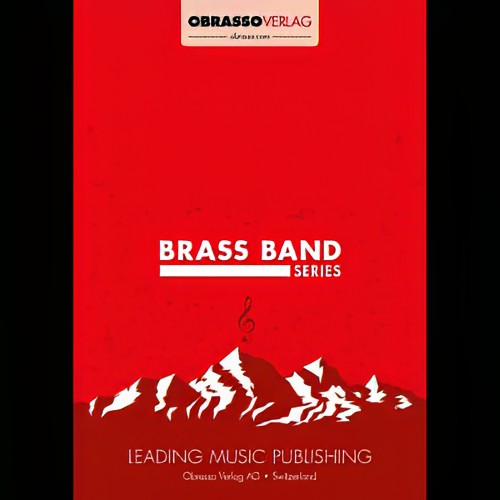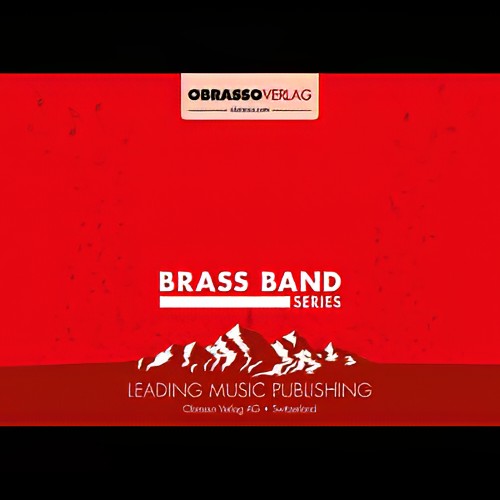We've found 741 matches for your search. Order by
Results
-
£34.95
HIS EYE IS ON THE SPARROW (Tenor Horn Solo with Brass Band Set) - Leonard Ballantine
A traditional gospel spiritual originally written in 1905 by Civilla D. Martin and Charles H. Gabriel, the song is most associated with actress-singer Ethel Waters. The song has been covered extensively in gospel music, with notable versions by Shirley Caesar, Marvin Gaye, Kirk Franklin and the Family, Lauryn Hill and Tanya Blount (from Sister Act 2), Mahalia Jackson, Sister Rosetta Tharpe, Dottie West, Barbara Mandrell and Jessica Simpson.
Estimated dispatch 7-14 working days
-
£24.95
NOCTURNE (Flugel Horn or Cornet/Trumpet Solo with Brass Band Set) - Gareth Wood
Estimated dispatch 7-14 working days
-
£24.95
MOUNTAIN MELODY (Tenor Horn Solo with Brass Band Set) - Eric Ball
Estimated dispatch 7-14 working days
-
£44.95
CONCERTINO (Eb Horn Solo with Brass Band Set) - Gareth Wood
Estimated dispatch 7-14 working days
-
£24.95
CAPRICCIO (Eb Cornet or Eb Horn Solo with Brass Band Set) - Philip Sparke
Estimated dispatch 7-14 working days
-
£24.95
AIR AND RONDO (Tenor Horn Solo with Brass Band Set) - Reginald Heath
Estimated dispatch 7-14 working days
-
£59.95
CONCERTO GROSSO (For Bb Cornet, Eb Horn, Trombone, Euphonium and Brass Band) - Edward Gregson
Estimated dispatch 7-14 working days
-
£129.60
Concerto For E Flat Horn and Brass Band - Derek Bourgeois
Estimated dispatch 5-14 working days
-
 £50.90
£50.90I Know Him So Well (Cornet and Flugel Horn Duet with Brass Band - Score and Parts) - Stahli, Urs
From the musical, Chess
Estimated dispatch 7-14 working days
-
 £50.90
£50.90Pie Jesu (Soprano Cornet and Flugel Horn Duet with Brass Band - Score and Parts) - Lloyd Webber, Andrew - Howarth, John
from Andrew Lloyd Webber's Requiem.
Estimated dispatch 7-14 working days
